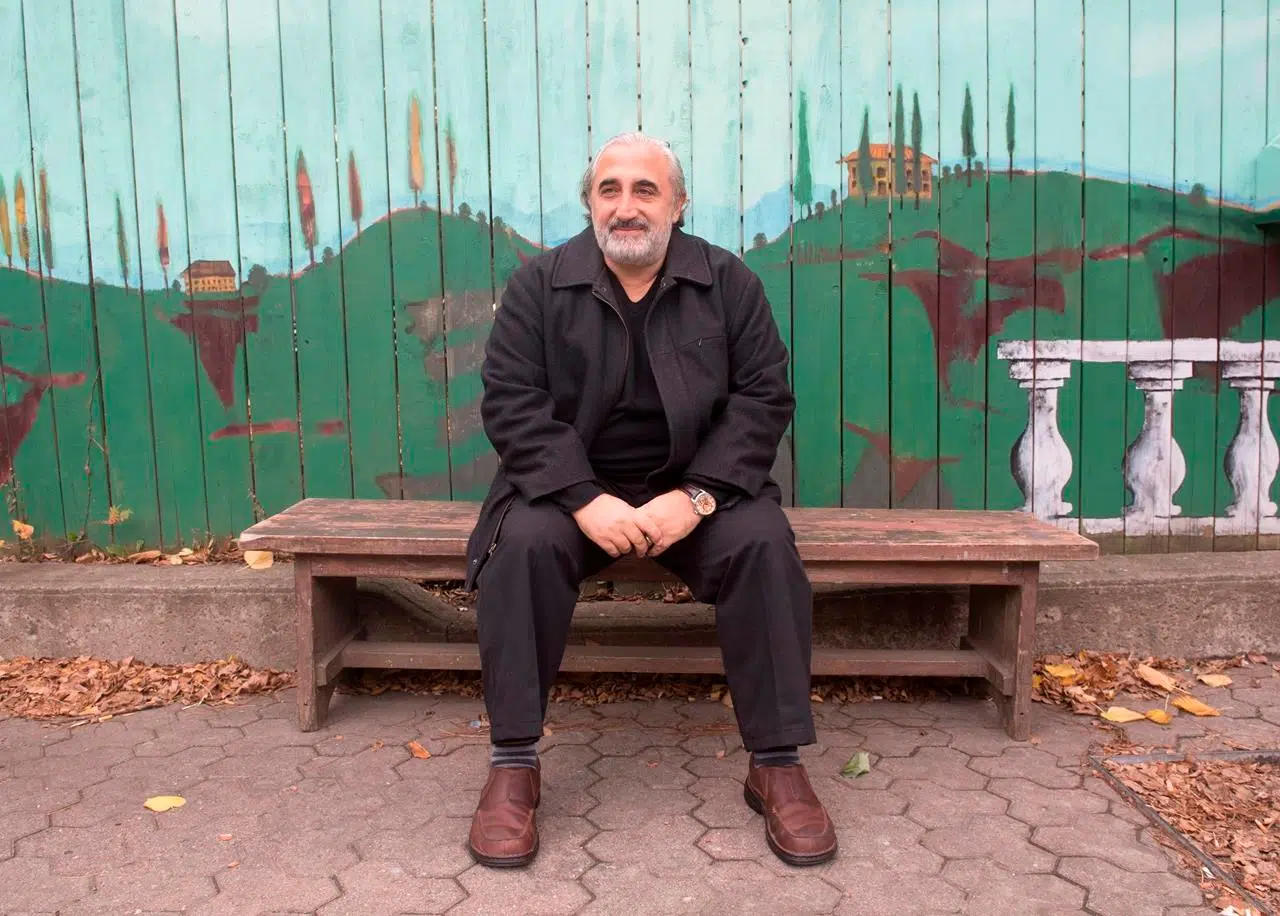
Montreal professor known as ‘The ‘Gadfather’ fights what he calls academic cowardice
MONTREAL — Gad Saad, better known as “The Gadfather” to his fans, regularly appears on highly popular U.S. talk shows and his YouTube channel has millions of views, yet the Montreal professor is largely unknown in Canada outside academic circles.
He is credited with founding the field of evolutionary consumption, which teaches that men and women are influenced by biology and Darwinian principles when they shop.
But Saad, a Concordia University marketing professor, is perhaps just as known for his public battles against what he considers to be a social justice culture that harms society by rejecting intellectual diversity.
He argues political correctness is limiting the free exchange of ideas on university campuses across the continent — and he holds special disdain for professors who do not fight back.


